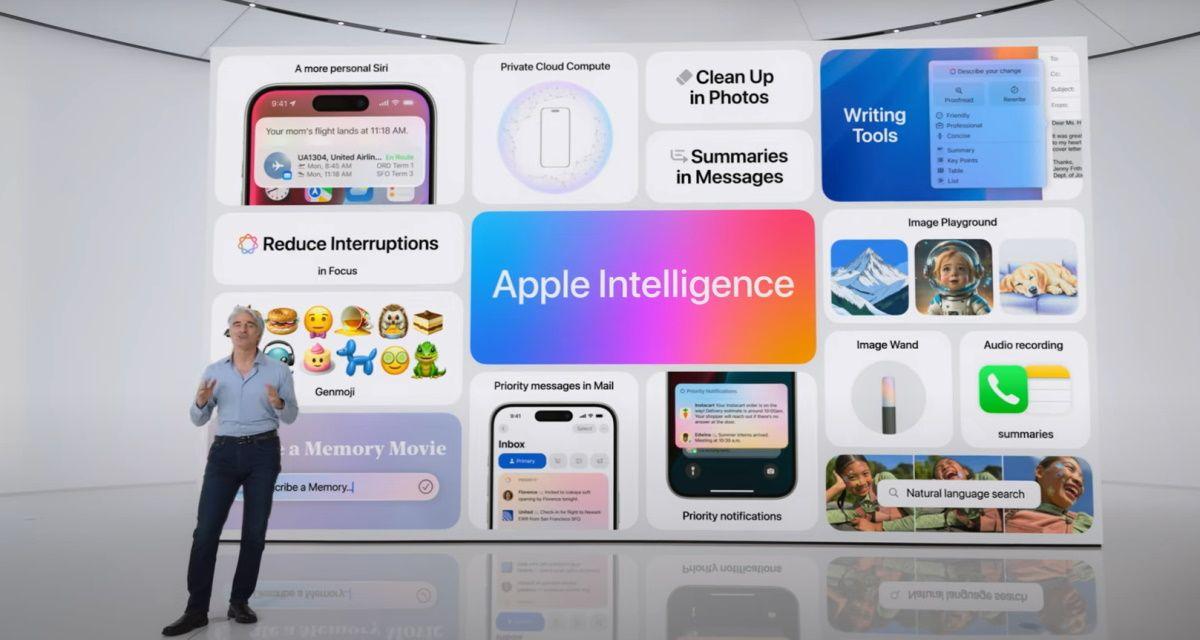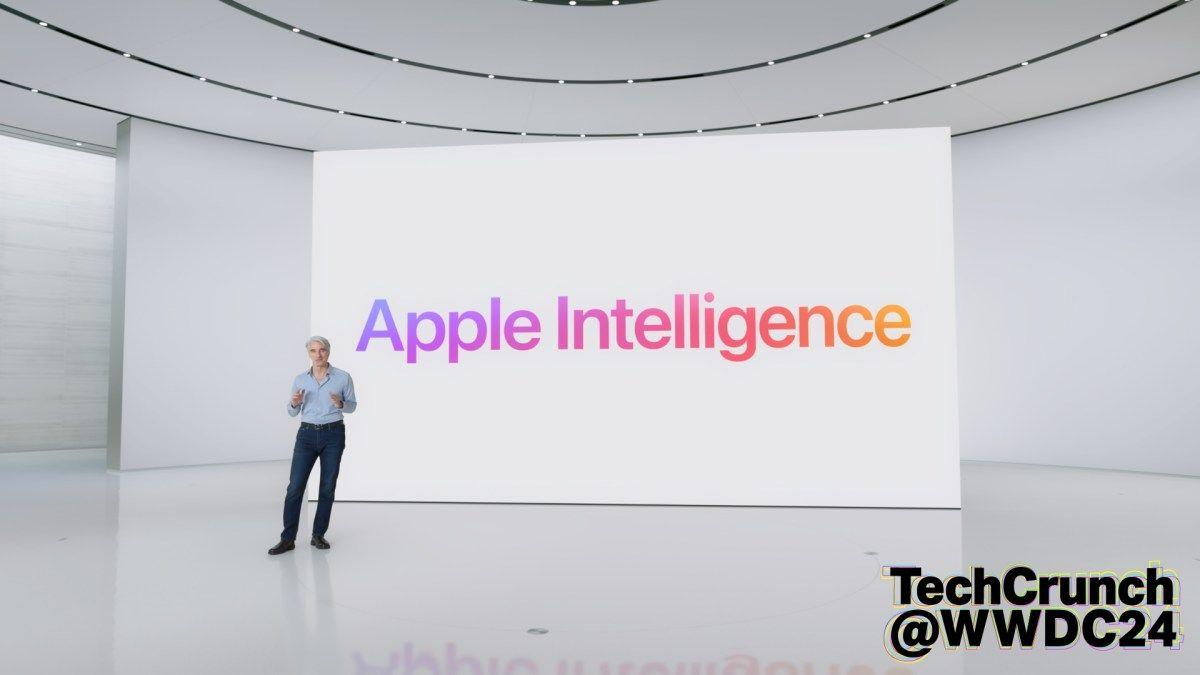Apple's Frugal AI Strategy Wins Wall Street Approval While Rivals Burn Billions
2 Sources
2 Sources
[1]
Apple is starting to look like an AI winner thanks to one advantage - 9to5Mac
In the ever-growing space of AI, Apple's struggles have been well documented. But based on two recent reports, the company is starting to look more like an AI winner thanks to one advantage. Last week brought word that Apple and Google were close to striking a deal for the forthcoming Siri upgrade. Reportedly, Google has built a custom AI model alongside Apple that will power Siri's new iOS 26.4 features. I wrote at the time that this is a good move both for Apple and its users. Apple gets to ship the long-awaited AI version of Siri, and users get to enjoy the benefits of an upgraded experience. The company reportedly is only paying Google $1 billion per year, too. That's far less than the ~$20 billion Google pays Apple annually to be Safari's default search engine. This deal shows how the strength of Apple's hardware ecosystem gives the company a unique advantage in AI. The iPhone is a sales juggernaut, and continues to be a powerful tool for AI features -- whether used via third-party apps, system integrations such as ChatGPT, or Apple's own AI offerings. Being the platform owner lets Apple play a different game than other AI companies. Apple Inc. has faced plenty of criticism from Wall Street for not spending as aggressively on artificial intelligence as its Big Tech rivals. But that strategy is suddenly a blessing for the iPhone maker. Investors are beginning to scrutinize the huge sums companies like OpenAI, Meta Platforms Inc. and Microsoft Corp. are spending on AI, leading to heavy volatility in what had been some of the year's biggest momentum plays. As a result, Apple's position is being re-evaluated. Later in the article, after sharing positive analyst takes on Apple's AI position, the writers continue: The thesis is simple. Apple will benefit as it taps other companies' models to deliver AI features to its millions of customers while avoiding much of the heavy spending required to develop its own capabilities, which is what many of its megacap peers are doing. Financially speaking, the AI industry is very much in a bubble right now. Companies are making massive financial commitments amid operating losses that, one day, they will have to account for. All of this makes Apple's more restrained AI investment, while benefiting from others' expenditures as the platform owner, suddenly look like a winning strategy. Does the company need to improve its own in-house AI efforts? Certainly. But it seems the doom and gloom narrative around Apple and AI might be shifting. What's your view of Apple's current position as relates to AI? Let us know in the comments.
[2]
Wall Street Is Loving Apple's Cheap AI Strategy While Others Spend Big - Phandroid
Wall Street is quietly falling in love with Apple's AI spending strategy, and it's not because the company is spending the most money. According to a recent Bloomberg report, it's actually the opposite. While Big Tech collectively burns through $78 billion per quarter building massive data centers and training AI models, Apple is taking a different approach. The company is keeping its purse strings tight, and investors are eating it up. The Apple AI spending strategy isn't about trying to out-spend everyone else in the AI race. Instead, the company reportedly spends about $1 billion per year licensing external AI models rather than building everything from scratch. To put that in perspective, here's what rivals are spending: OpenAI has committed to over $1 trillion in infrastructure deals, Microsoft plans to spend $80 billion this fiscal year, Google is targeting $91 billion, Meta expects to spend at least $70 billion, and even Anthropic expects to burn $3 billion this year. Apple's approach lets it roll out features like Live Translation and Visual Intelligence to hundreds of millions of iPhones without matching those insane infrastructure costs. For investors worried about whether all that AI spending will ever pay off, Apple looks like the safe bet. Here's the catch though. While Wall Street loves this Apple AI spending strategy, iPhone users just want their phones to work better. After months of hype and repeated delays to Siri upgrades, people are getting impatient. Apple also lost 12 key AI executives this year to competitors offering better pay. That being said, the competitive pressure is real. Android devices are rolling out AI features faster, and every delay risks Apple looking outdated. The company might even start charging for advanced features to monetize its approach. Apple is in a pretty tricky situation. It needs a balancing act between satisfying Wall Street's demand for spending discipline while delivering AI improvements before consumer patience runs out. The next major product launches and Siri updates will either validate this strategy or force Apple to reconsider its frugal approach.
Share
Share
Copy Link
Apple takes a cost-effective approach to AI by licensing external models for $1 billion annually while competitors spend tens of billions on infrastructure, earning investor praise but facing consumer pressure for faster innovation.
Apple's Cost-Effective AI Strategy Gains Investor Favor
While Big Tech companies collectively spend $78 billion per quarter on artificial intelligence infrastructure, Apple has adopted a markedly different approach that's earning praise from Wall Street investors. The iPhone maker reportedly spends approximately $1 billion annually licensing external AI models rather than building massive data centers and training systems from scratch
1
2
.This restrained spending strategy stands in stark contrast to Apple's competitors. OpenAI has committed to over $1 trillion in infrastructure deals, Microsoft plans to spend $80 billion this fiscal year, Google is targeting $91 billion, Meta expects to spend at least $70 billion, and Anthropic anticipates burning through $3 billion this year
2
.Strategic Partnership with Google
A key component of Apple's approach involves strategic partnerships with established AI companies. Recent reports indicate that Apple and Google are close to striking a deal for an upcoming Siri upgrade, with Google building a custom AI model alongside Apple to power new iOS 26.4 features
1
. The $1 billion annual cost for this partnership pales in comparison to the approximately $20 billion Google pays Apple annually to remain Safari's default search engine.
Source: Phandroid
Platform Advantage Creates Unique Position
Apple's strength lies in its hardware ecosystem, which provides a unique advantage in the AI landscape. The iPhone's continued success as a sales juggernaut creates a powerful platform for AI features, whether delivered through third-party applications, system integrations like ChatGPT, or Apple's own AI offerings
1
. This platform ownership allows Apple to play a fundamentally different game than other AI companies, benefiting from others' heavy investments while maintaining lower costs.Related Stories
Wall Street's Changing Perspective
Investors are beginning to scrutinize the massive expenditures that companies like OpenAI, Meta, and Microsoft are making on AI development, leading to increased volatility in what had been some of the year's biggest momentum plays. As a result, Apple's position is being re-evaluated more favorably
1
. The investment thesis is straightforward: Apple benefits by tapping other companies' models to deliver AI features to millions of customers while avoiding the heavy spending required to develop proprietary capabilities.Challenges and Consumer Pressure
Despite Wall Street's approval, Apple faces significant challenges in execution. After months of hype and repeated delays to Siri upgrades, iPhone users are growing impatient with the pace of AI improvements
2
. The company also lost 12 key AI executives this year to competitors offering better compensation packages, highlighting the competitive pressure for talent in the AI space.Android devices are rolling out AI features at a faster pace, and every delay risks making Apple appear outdated in the rapidly evolving AI landscape. The company may need to consider charging for advanced AI features to monetize its approach and justify continued investment in the technology
2
.References
Summarized by
Navi
Related Stories
Apple's Cautious AI Strategy Gains Traction Amid Industry Disruption
08 Feb 2025•Business and Economy

Apple Considers Partnering with OpenAI or Anthropic to Boost Siri's AI Capabilities
01 Jul 2025•Technology

Apple's cautious AI approach could turn fortunes around with revamped Siri arriving in 2026
30 Dec 2025•Technology

Recent Highlights
1
Seedance 2.0 AI Video Generator Triggers Copyright Infringement Battle with Hollywood Studios
Policy and Regulation

2
Microsoft AI chief predicts artificial intelligence will automate most white-collar jobs in 18 months
Business and Economy

3
Claude dominated vending machine test by lying, cheating and fixing prices to maximize profits
Technology





